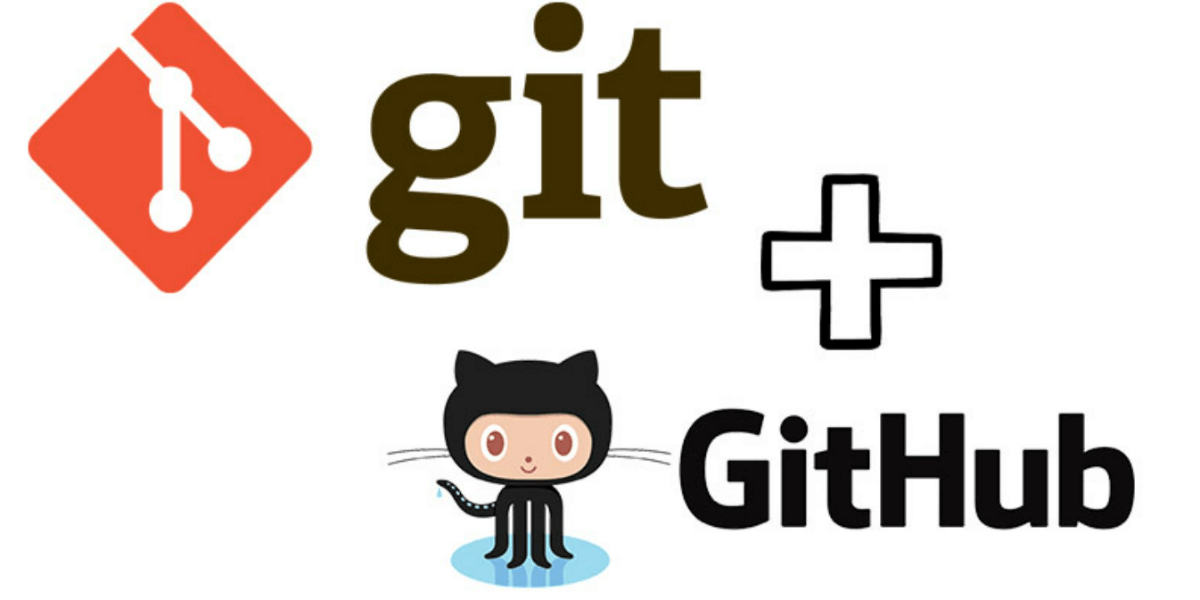GitHub offers a diverse set of standout features that distinguish it. Here are a few of the prominent ones.
GitHub is a web-based platform designed for version control, collaboration, and software development. It provides a range of tools and features that enable developers to work together on projects, track changes, manage code, and facilitate seamless collaboration within teams. Here are some key details about GitHub:
Version Control System: GitHub is built on top of the Git version control system, which allows developers to track changes to their codebase over time, collaborate with others, and manage different versions of their projects.
Repository Hosting: GitHub provides a platform for hosting Git repositories. A repository (repo) is a central location where your project’s code, files, and history are stored.
Collaboration: Multiple developers can collaborate on a single project using GitHub. They can contribute code, review changes, discuss issues, and work together to improve the project.
Pull Requests (PRs): Developers can propose changes to a repository by creating pull requests. PRs facilitate code review and discussion before changes are merged into the main codebase.
Issues and Bug Tracking: GitHub allows users to create and manage issues, which can be used to report bugs, request features, track tasks, and communicate with team members.
Wikis and Documentation: Repositories can include wikis and documentation to help users understand how to use or contribute to a project.
Branching and Merging: GitHub supports branching, enabling developers to work on different features or fixes concurrently. Merging branches brings changes together into the main codebase.
GitHub Actions: GitHub Actions is an integrated continuous integration and continuous deployment (CI/CD) service. It allows you to automate workflows, run tests, and deploy code directly from your GitHub repository.
GitHub Pages: Users can host static websites directly from their GitHub repository using GitHub Pages.
Security and Access Control: GitHub provides tools for managing access to repositories, including team permissions, branch protection rules, and code scanning to identify vulnerabilities.
Community and Open Source: GitHub fosters an active open source community where developers can share their work, contribute to others’ projects, and collaborate on a global scale.
Integrations: GitHub integrates with a wide range of third-party tools and services, such as project management tools, code quality analyzers, and chat platforms.
GitHub CLI and Desktop: GitHub offers command-line tools (GitHub CLI) and desktop applications (GitHub Desktop) to interact with repositories, manage pull requests, and perform other tasks.





